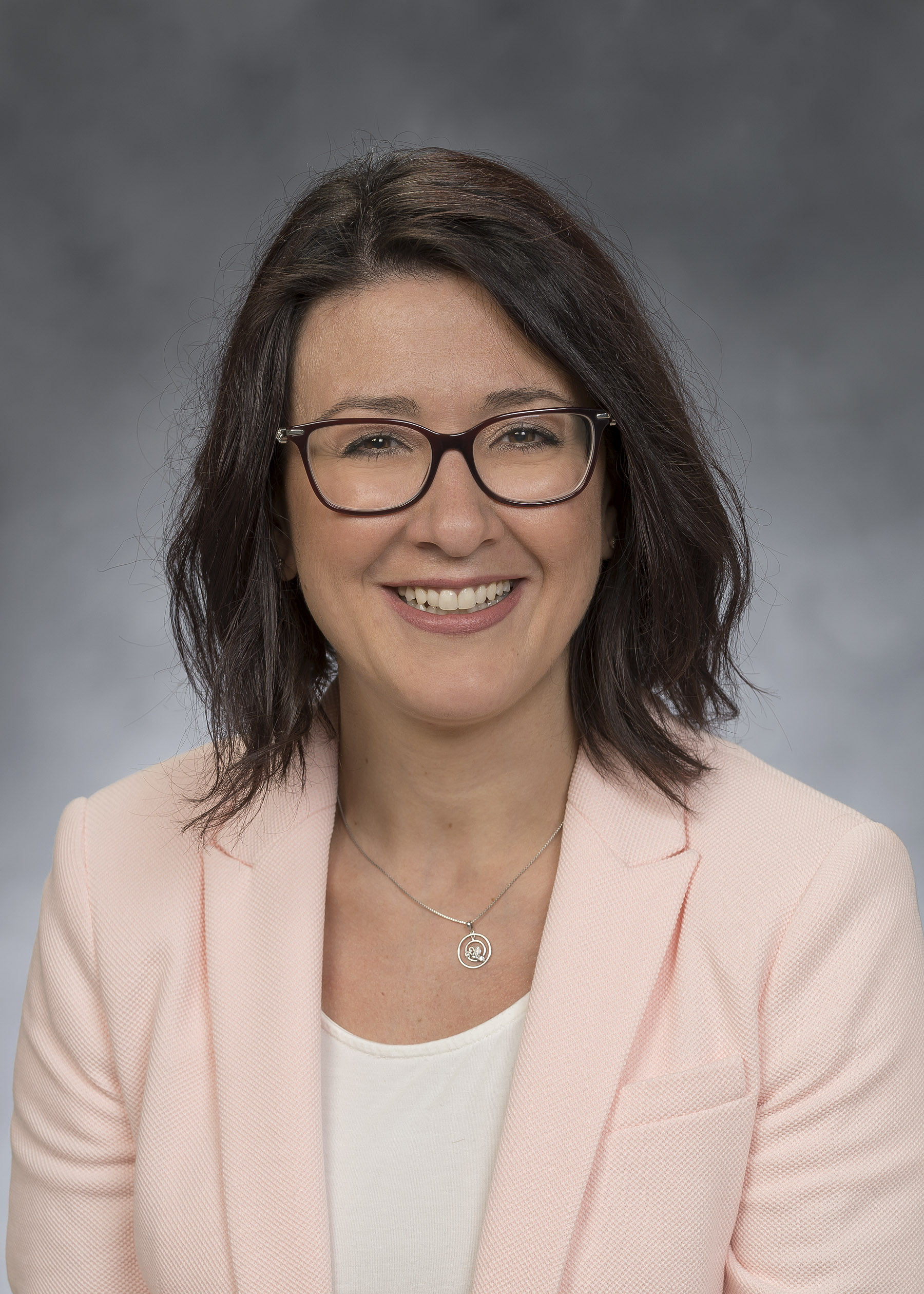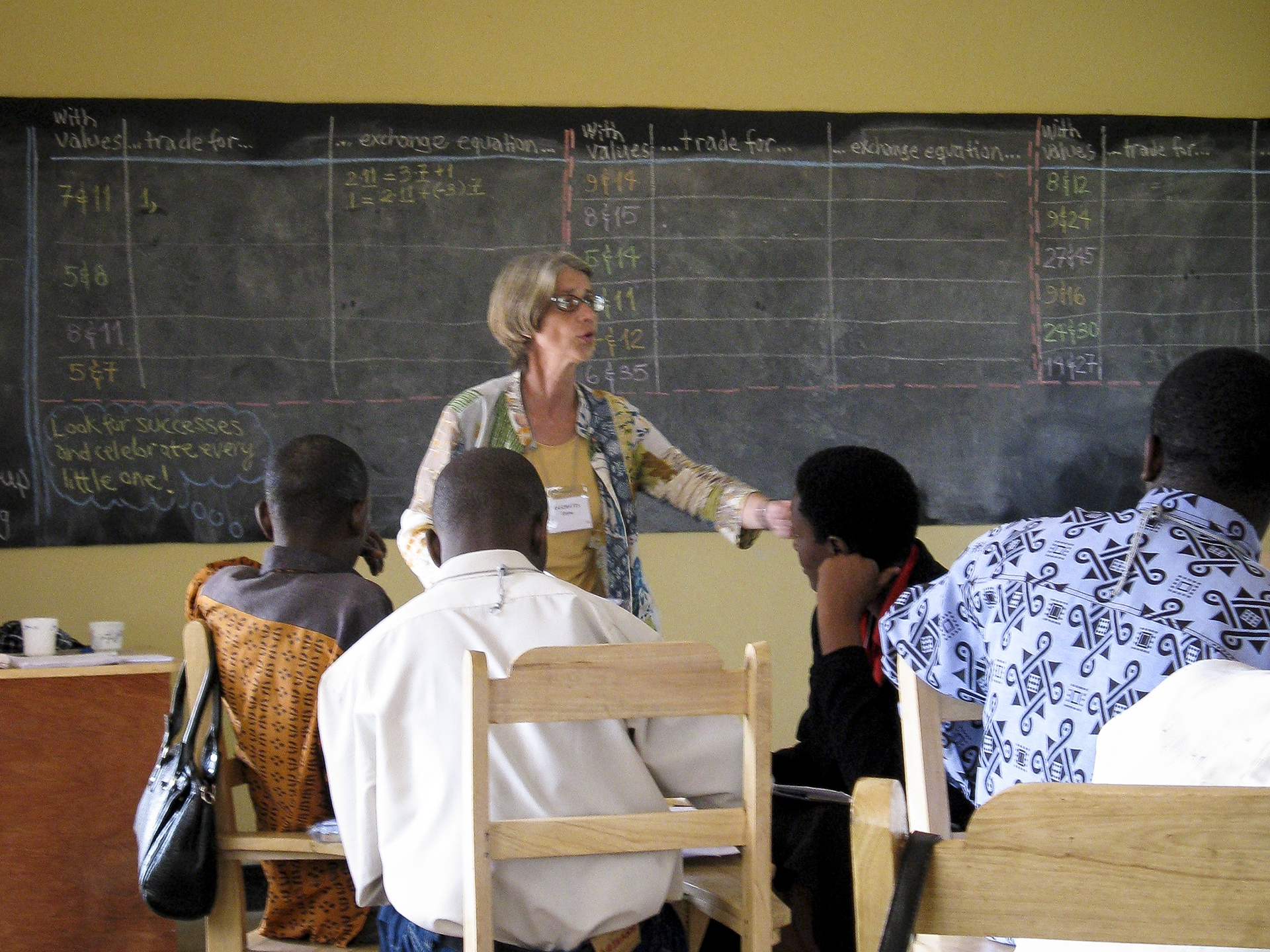Story Content
Sac State launches partnership to reduce substance abuse

February 09, 2021
As rates of substance use and overdose trend upward, especially amid the COVID-19 pandemic, Sacramento State is launching a regional partnership to combat the issue and reduce the stigma associated with drug addiction.
The partnership launches this month with a virtual conference bringing together stakeholders from across the state to develop a plan for streamlining services and to increase the number of trained professionals who can work with those suffering from addiction, to ultimately reduce the number of overdoses.
“We're bringing people together to create a sort-of think tank. We have some panels that will facilitate conversations and develop action plans for people to go out in the realm of integrated care, harm reduction, and workforce development,” said Bita Rivas, a Sac State assistant professor of Counselor Education who is spearheading the project.

The name of the conference, “Stop the Stigma,” is a nod to the need to combat the misconceptions and myths surrounding substance abuse that can prevent people from seeking treatment and interfere with efforts to address the issue, Rivas added.
The partnership brings together Sacramento State’s Counseling program and Center for Health Practice, Policy and Research (CHPPR), and The Center at Sierra Health Foundation.
Many kinds of professionals deal with substance abuse, Rivas said, including counselors, social workers, drug treatment providers, and physicians. But those individuals and their agencies or employers often work in isolation rather than collaboratively.
This can mean, for instance, that the availability of Narcan, a medication to counteract an opioid overdose, can vary depending on who or what agency is responding, Rivas said. Or that challenges with insurance – which may not cover both mental health and substance abuse – become a barrier to treatment.
Integrating substance use disorder treatment across all industries is one of the major goals of the partnership, as is reducing overdoses and other harmful consequences of addiction and increasing the number of professionals trained to respond to the crisis.
“There’s a strong correlation and relationship between trauma and mental health, and substance use. With COVID, we've seen an increase in both,” Rivas said. “We need more people doing this kind of work – more trained clinicians, more integrated care where we're working with first responders, and where we're working with physicians in a collaborative way.”
The need for action has never been more pressing. Substance abuse is a growing problem in the United States, one exacerbated by the COVID-19 pandemic, during which isolation has increased instances of anxiety and depression.
More than 81,000 overdose deaths occurred in the United States in the year ending May 2020, according to the Centers for Disease Control, the highest recorded for a 12-month period and largely driven by synthetic opioid use. In California alone, there were 5,953 overdose deaths, a 24.7% increase from the previous 12 months.
The issue of substance abuse is linked with mental health, Rivas said. And though 8.4 million people in the United States have both a mental health and a substance use diagnosis, just 7.9% receive treatment for both, according to the National Institute on Drug Abuse. Many cannot afford treatment, and many more don’t know where to seek help. Roughly a quarter worry about being committed or the social stigma associated with treatment.
The conference, set for Thursday, Feb. 11, aims to bring together stakeholders across industries to learn from each other, outline specific steps that can be taken over the next year, and launch the partnerships needed to integrate care. Rivas said the goal is to meet annually to review progress and update the action plan.
Originally scheduled for last April, the event was postponed by the COVID-19 pandemic. The virtual format, however, has allowed organizers to expand their scope from the Sacramento region to all of California.
Sac State’s role in the partnership will emphasize workforce development and involve students and faculty from the College of Education through the Counseling program, and the College of Health and Human Services through CHPPR with the support of Associate Dean Mary Maguire.
Rivas envisions Sac State students being placed with first responders, so that responses to 911 calls can include someone with a mental health background. She also hopes to utilize the University’s Center for Counseling and Diagnostic Services, which provides low-cost counseling services to the community.
The partnership is an example of Sac State’s role as an “anchor university” that, beyond existing within a community, is deeply embedded within it and committed to its improvement and well-being, she said.
“We are in the heart of Sacramento. We have students who are trained and work here,” Rivas said. “We are here to serve not just as an education setting, but also to advocate and serve the population here in a greater capacity than we have before.”
For more information about Stop the Stigma, visit https://www.csus.edu/college/education/masters-programs/_internal/_documents/final_stss-flyer-feb211.pdf
Media Resources
Faculty/Staff Resources
Looking for a Faculty Expert?
Contact University Communications
(916) 217-8366
communications@csus.edu


